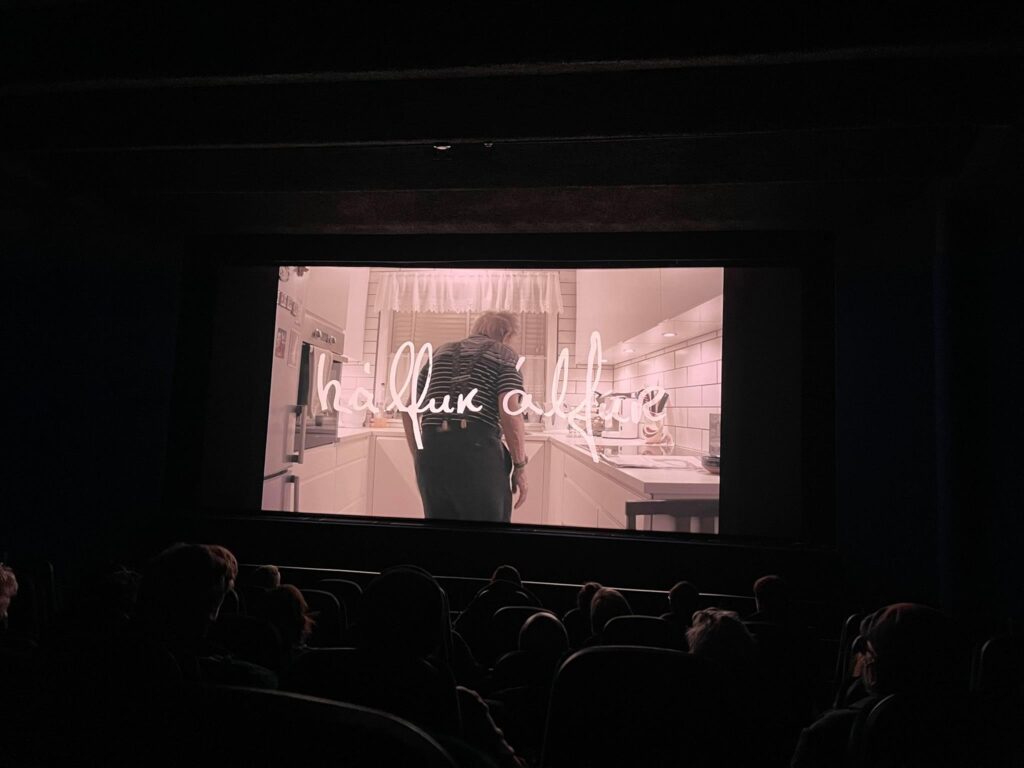
Half Elf received an award at the closing ceremony of the 31st International Festival of Ethnological Film, which was held in Belgrade, Serbia, this past week. This is what the jury had to say about the film:
“This film greatly impressed us with its delicate portrait that masterfully captures the whimsical character of a man determined to see his hundredth birthday, and for whom songs and poetry constitute the fabric of his daily life. The viewer immediately sees the close connection between the filmmaker – who also acted as cinematographer and editor – and his grandparents. The film is also special in allowing us a window into the touching relationship between the two grandparents. The grandfather’s relationship to the mythical elf takes on a transcendental meaning, as he uses the figure as a means to believe in something superior or parallel to his daily life. His spirit and love of life are infectious in viewing this film.”
The International Festival of Ethnological Film in Belgrade is an event that offeres an insight into a wide range of ethnographic film themes and presents the work of filmmakers who explore both the traditional and modern lifestyles of human communities; it offers diverse insights, film forms and methodologies.
The International Festival of Ethnological Film was established in 1992 and it initially mostly presented the national TV production on folklore and customs of the Balkan and Slavic peoples. Over the years, the Festival began to cover a wide variety of issues in cultural and social anthropology around the world.
Its mission is to foster research and creative approaches to ethnographic documentaries, to educate public on diverse local cultural traditions, as well as to raise voice addressing problems of the modern society, which often neglects the values of cultural heritage.
The Festival is organized annually by the Ethnographic Museum in Belgrade. The Museum has recently established the new Center for Intangible Cultural Heritage which will further develop the event. The significant result of the previous festival editions is a video-archive including around 1250 ethnographic films from 80 countries.
The Festival targets young people and the academic population involved in social sciences and humanities, students, scholars and artists. It also endeavours to attract local communities involved in safeguarding their own cultural heritage.
